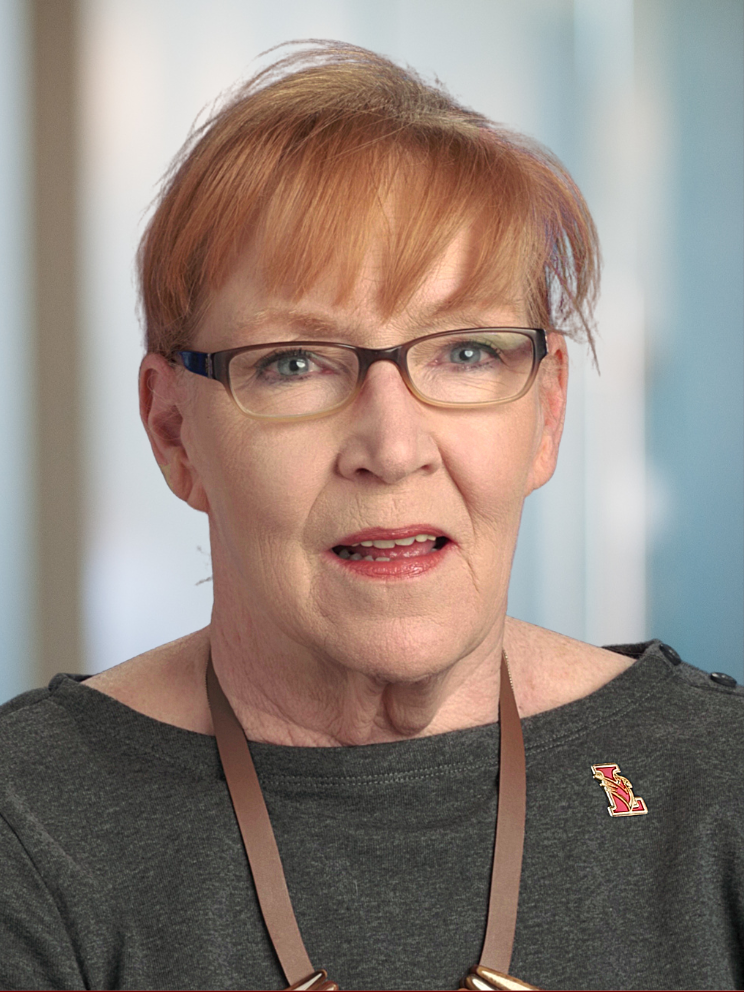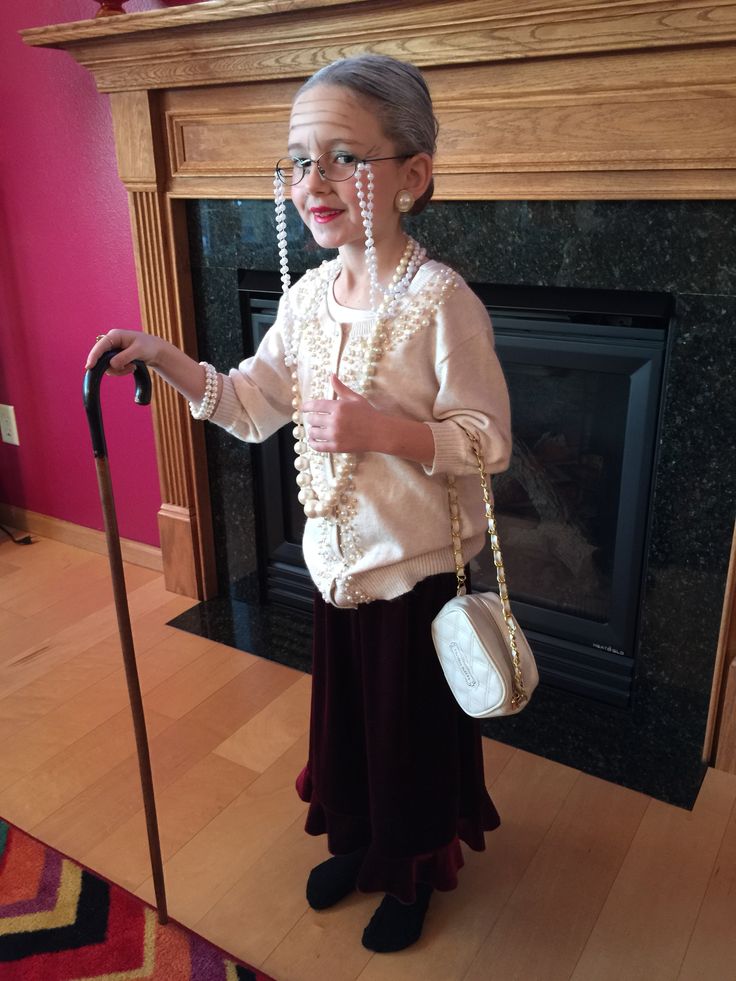Ageism, according to the World Health Organization, is “the stereotyping and discrimination against individuals or groups on the basis of their age; ageism can take many forms, including prejudicial attitudes, discriminatory practices or institutional policies and practices that perpetuate stereotypical beliefs.” You’d think Americans would be more sensitive to openly perpetuating stereotypes and prejudices. Yet apparently older people are still fair game.
Recently, a friend was raving about the fun her preschooler had with a teacher allowing kids to celebrate pajama day, sports jersey day … and “dress like an old lady” day. I won’t apologize for finding that last one offensive. The toddler, I agreed, was adorable but a caricature of an older woman from days gone by: hair in a bun, a cane, a crooked hat and a dress to her shins. I don’t consider myself thin-skinned or humorless but in my mind, this school event crossed a line.
That image hardly fits the older people in my sphere. I have friends in their 90s who don’t dress like that, or rely on a cane, for that matter. What is the message the children and their parents get from this? That older people are all alike in their infirmities, indifferent to their appearances and fair game for mockery.
There are ways to get kids to think positively about the older adults in their communities. Here’s an example: an elementary school in my district invites older adults to read with the children over lunchtime. The mutual respect between the students and their “grandpals” is wonderful to witness. Many of these children will have fond memories of this experience and, going forward, will likely associate wisdom and nurturing with the older people they encounter, not ridicule or contempt.
I can’t change where my friend’s child goes to preschool, but I think I’ll send her a couple of age-appropriate books for her daughter that show aging in a more positive light. You can find some at our children’s-books page.
If we want our children and grandchildren to see aging as the natural and beautiful process that it is, and older adults for the unique, valuable individuals that they are, let’s start things out right from the beginning.

Pepper Evans works as an independent-living consultant, helping older adults age in place. She is the empty-nest mother of two adult daughters and has extensive personal and professional experience as a caregiver. She has worked as a researcher and editor for authors and filmmakers. She also puts her time and resources to use in the nonprofit sector and serves on the Board of Education in Lawrence Township, NJ.



